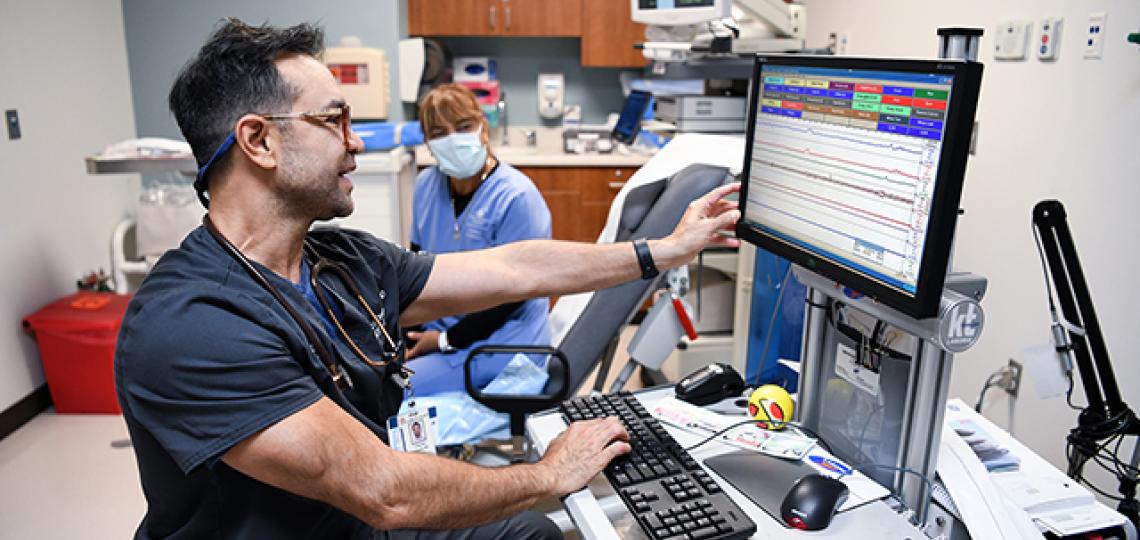
At Baylor College of Medicine, our Urogynecology and Reconstructive Pelvic Surgery team is improving the lives of women suffering from pelvic floor disorders through expert care and a wide range of effective treatment options, restoring our patient’s health and quality of life.
What are pelvic floor disorders?
The pelvic floor is a group of muscles, ligaments, and connective tissues that support a woman’s pelvic organs (bladder, uterus, vagina, and bowels) and hold them in place. Pelvic floor disorders occur when these muscles and supporting structures become weakened, causing conditions such as urinary incontinence, pelvic organ prolapse and fecal incontinence.
Pelvic floor disorders are common, affecting one in three women. The primary risk factors are aging and childbirth. One in five women will undergo surgery for their condition.
Despite the toll these disorders take on women, many are hesitant to seek help. At Baylor Medicine, our urogynecologic surgeons are dedicated to helping more women get the care they need by increasing awareness of pelvic floor conditions and the treatments available today.
What is a urogynecologist?
Urogynecologists are specialists trained in gynecology and urology, providing unique expertise in treating pelvic floor disorders in women.
If surgery is required, fellowship-trained urogynecologists have specialized training in minimally invasive techniques that offer numerous benefits compared to open abdominal surgery, including:
- Less pain
- Less bleeding
- Less risk of infection
- Less scarring
- Shorter hospital stays
- Faster recovery
Urogynecology is sometimes referred to as Female Pelvic Medicine and Reconstructive Surgery.
Why Baylor College of Medicine urogynecologists?
Our specialists have extensive experience diagnosing and treating the full spectrum of pelvic floor disorders. We offer treatment options ranging from conservative management to advanced surgical care for the most complex cases, including reconstructive surgery to restore normal female anatomy and function.
As busy clinicians, skilled surgeons and dedicated researchers, Baylor College of Medicine urogynecologists serve as a trusted resource for patients and providers to turn to for the latest advancements in the care of pelvic floor disorders.
Conditions We Treat
- Urinary incontinence
- Fecal incontinence
- Pelvic organ prolapse
- Birth Injuries (perineal or vaginal tears)
- Genitourinary and rectovaginal fistulas
- Other conditions
- Chronic or recurrent urinary tract infections
- Interstitial cystitis / Painful Bladder Syndrome
- Urinary retention
- Dysfunctional voiding
- Microscopic hematuria
- Urethral diverticulum
- Defecatory dysfunction
- Vaginal mesh issues
Patient Care Locations
Baylor College of Medicine urogynecologists deliver care at Texas Children’s Pavilion for Women and Ben Taub Hospital.
Call (832) 826-7500 to make an appointment with a Baylor College of Medicine urogynecologist.








